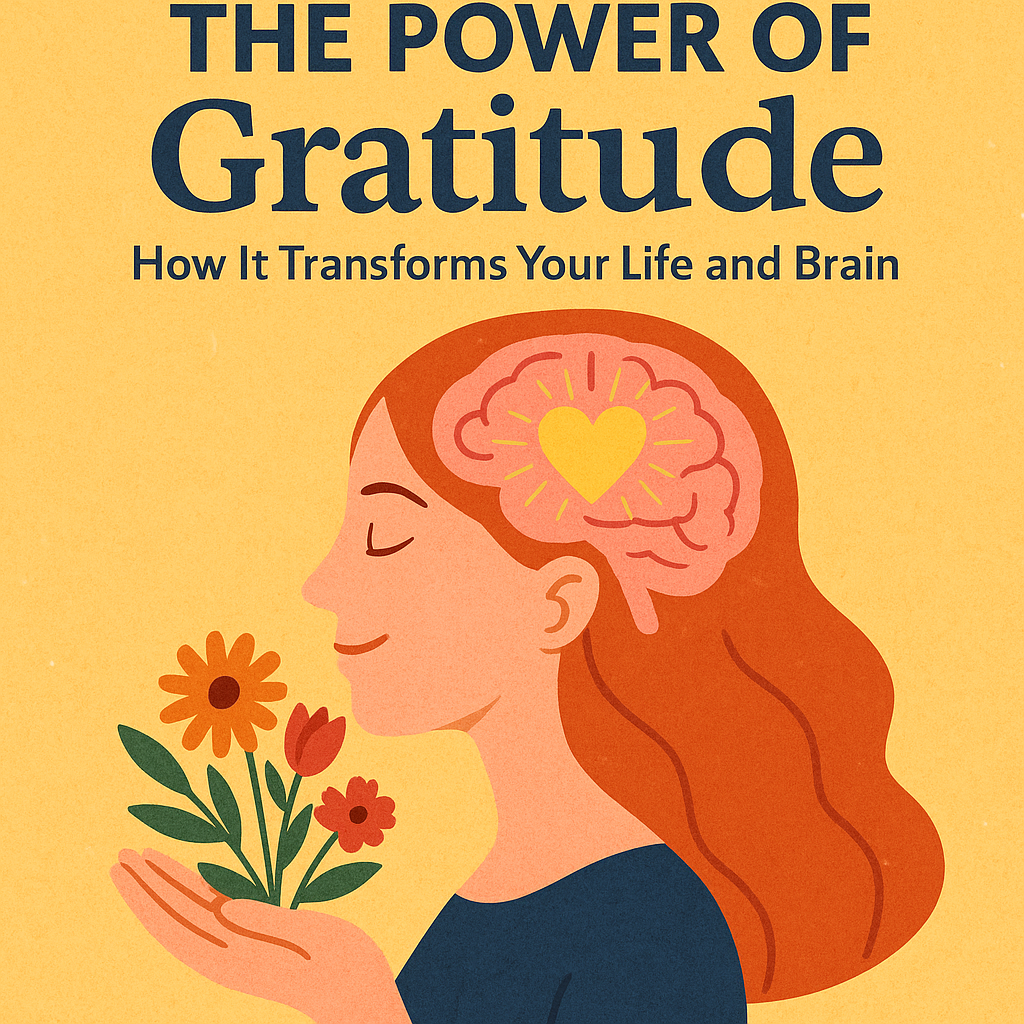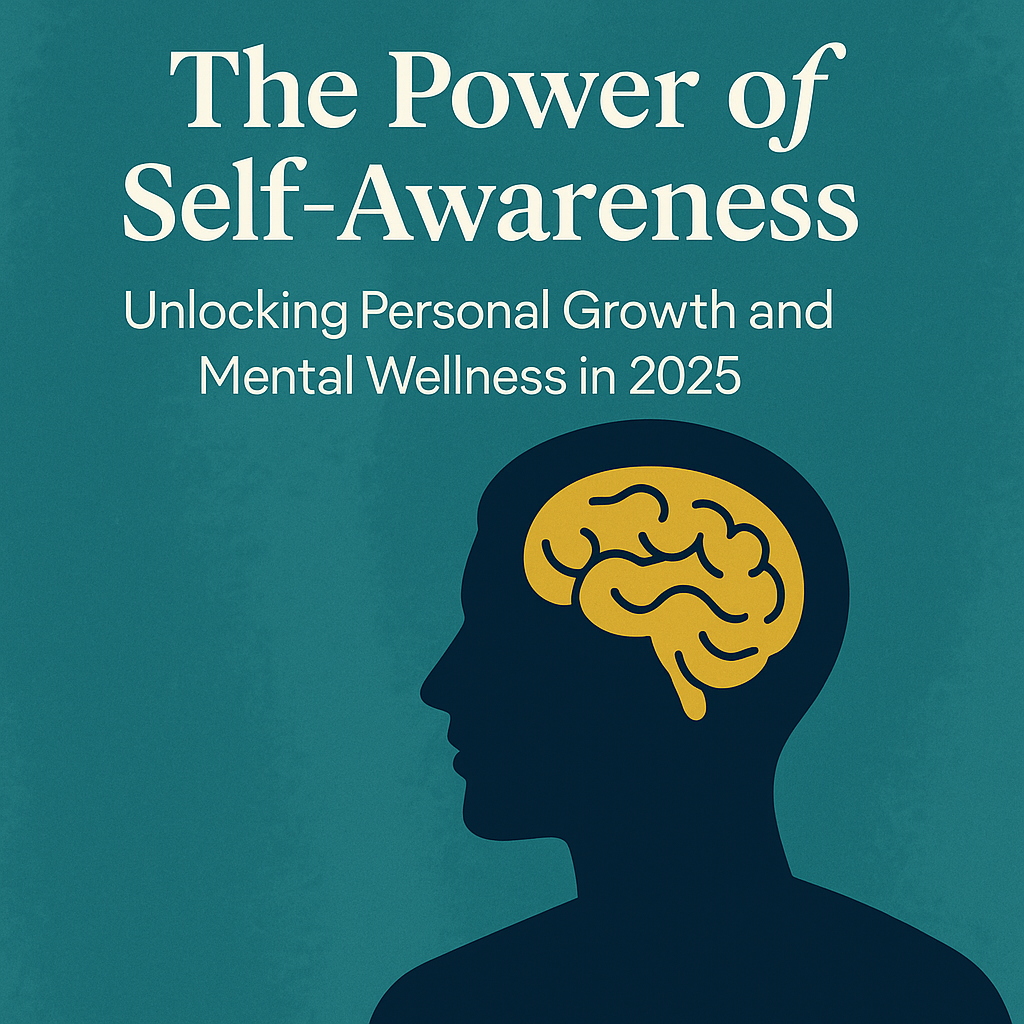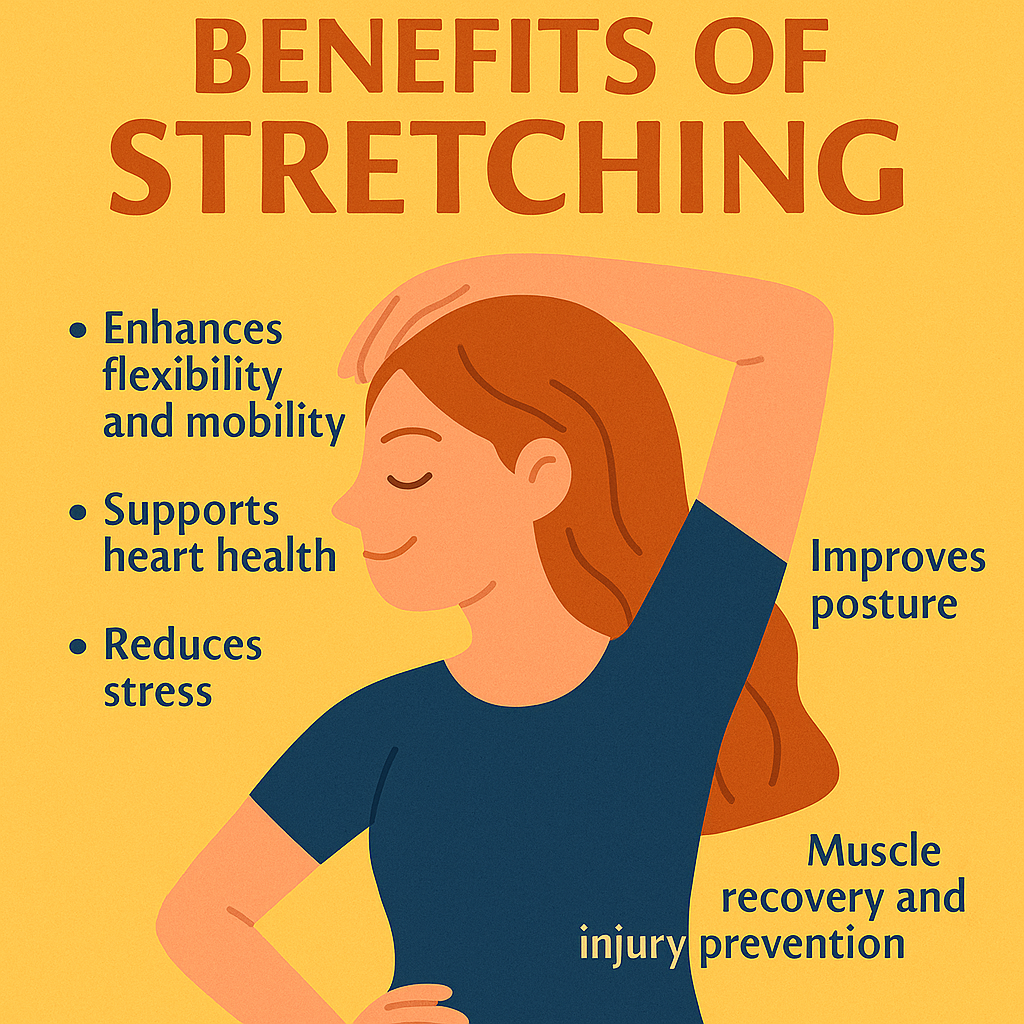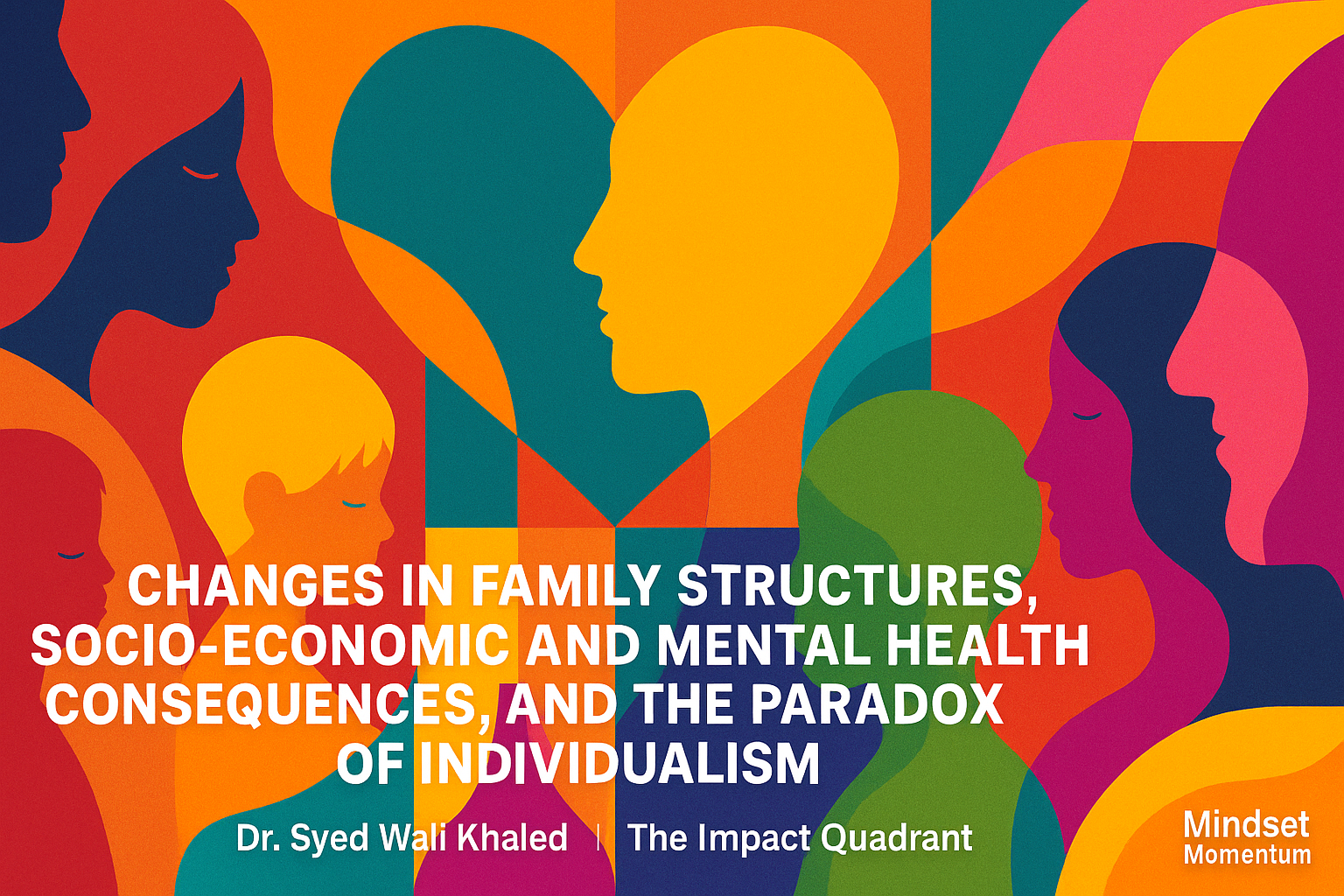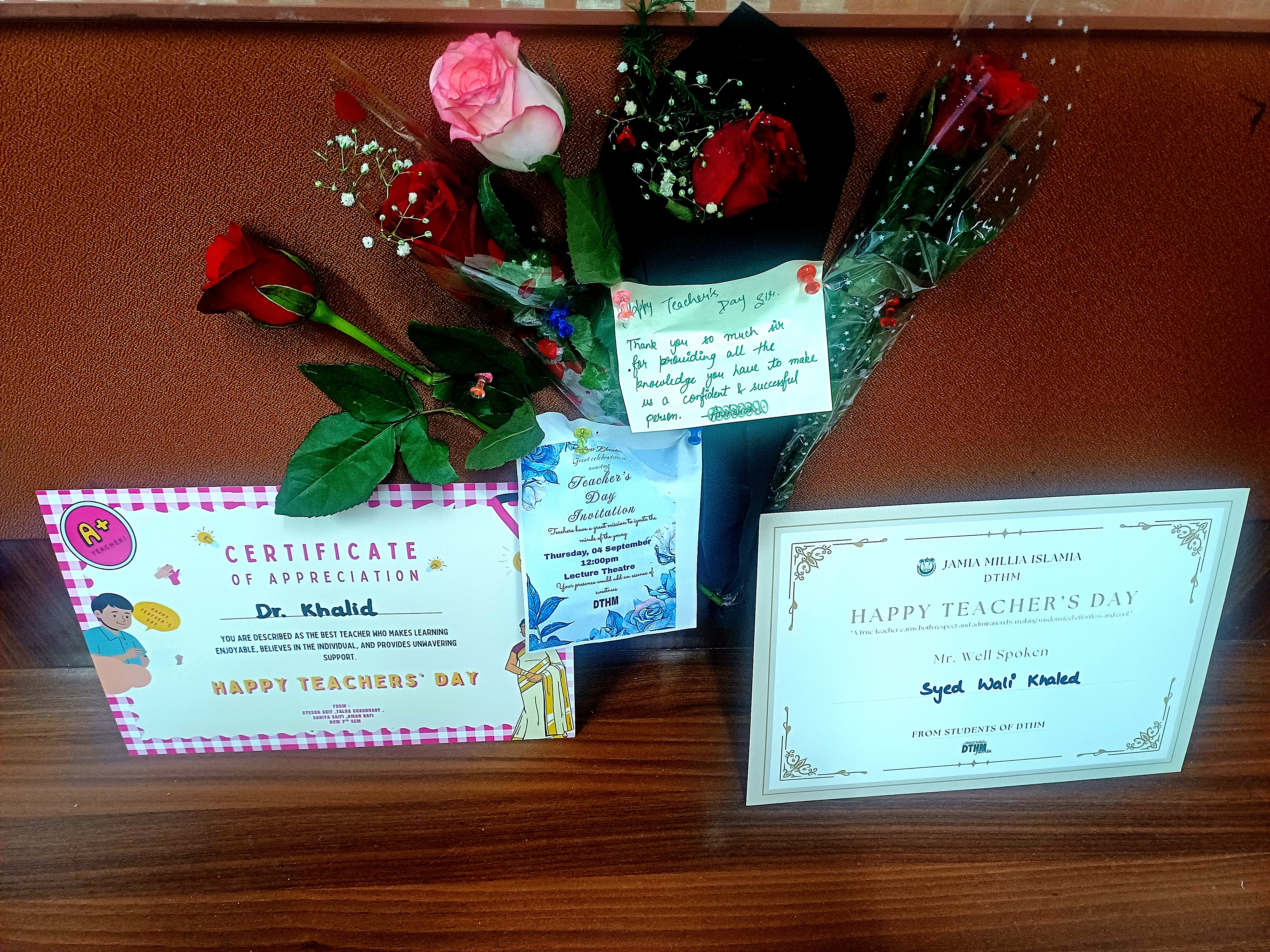Gratitude is more than just saying “thank you.”
It’s a powerful practice that can reshape your perspective, boost your well-being, and even rewire your brain. At The Incredible Life, we’re all about discovering tools to live more fully, and gratitude is one of the most accessible yet transformative habits you can adopt.
Backed by science, this simple act has profound effects on your mental health, relationships, and even physical health. Let’s dive into how gratitude works its magic and how you can harness it to live your most incredible life.
🧠 The Science of Gratitude
Research shows that gratitude isn’t just a feel-good emotion—it’s a catalyst for measurable changes in the brain and body.
Studies from institutions like the University of California, Berkeley, and the University of Miami have explored how gratitude impacts us. For example, a 2018 study published in Psychological Science found that people who regularly practice gratitude experience increased happiness and reduced symptoms of depression over time.
But how does this happen?
When you express or feel gratitude, your brain releases dopamine and serotonin—neurotransmitters associated with pleasure and contentment. Neuroimaging studies, like one conducted by the National Institutes of Health, reveal that gratitude activates the prefrontal cortex, the brain region linked to decision-making and emotional regulation.
This activation strengthens neural pathways, making it easier to focus on the positive and manage stress. Over time, practicing gratitude can literally rewire your brain to default to optimism—a phenomenon neuroscientists call neuroplasticity.
Gratitude also reduces activity in the amygdala, the brain’s stress center. A 2016 study in NeuroImage showed that individuals who wrote gratitude letters had lower amygdala activity when faced with negative stimuli, suggesting that gratitude can act as a buffer against stress and anxiety.
🌈 Gratitude’s Ripple Effect on Your Life
The benefits of gratitude extend far beyond the brain. Here’s how it can transform key areas of your life:
- ❤️ Stronger Relationships
Gratitude is a social glue. When you express appreciation to others, it fosters trust and deepens connections. A 2014 study in Emotion found that thanking a friend or partner not only strengthens that relationship but also makes the thanker feel more connected and valued.
Try writing a heartfelt note to someone you care about—you might be surprised at how it strengthens your bond.
- 🧘 Better Mental Health
Gratitude shifts your focus from what’s lacking to what’s abundant. A 2017 meta-analysis in Basic and Applied Social Psychology found that gratitude practices, like journaling, significantly reduce symptoms of anxiety and depression.
By consciously noting what you’re thankful for, you train your mind to notice life’s small joys, even during tough times.
- 💪 Improved Physical Health
Believe it or not, gratitude is good for your body too.
A 2015 study in Spirituality in Clinical Practice linked gratitude to:
- Better sleep
- Lower blood pressure
- A stronger immune system
People who practice gratitude report fewer aches and pains and are more likely to engage in healthy behaviors, like exercising or eating well.
- 🛡️ Enhanced Resilience
Life throws curveballs, but gratitude can help you bounce back.
Research from the University of Kentucky showed that grateful individuals are better equipped to handle adversity, as they’re more likely to seek support and reframe challenges positively.
Gratitude doesn’t erase pain, but it helps you find meaning amid it.
✨ How to Cultivate Gratitude in Your Daily Life
Ready to make gratitude a part of your incredible life?
Here are practical, science-backed ways to get started:
- 📓 Keep a Gratitude Journal
Set aside a few minutes each day to write down three things you’re grateful for.
They don’t have to be big—maybe it’s a warm cup of coffee, a kind word from a colleague, or a sunny afternoon.
A 2003 study by Robert Emmons and Michael McCullough found that people who kept gratitude journals for 10 weeks reported higher life satisfaction than those who didn’t.
Be specific and reflect on why you’re grateful to deepen the impact.
- ✉️ Write a Gratitude Letter
Think of someone who’s made a difference in your life—a teacher, friend, or family member.
Write them a letter expressing your appreciation, and if possible, deliver it in person.
This practice, studied by positive psychology pioneer Martin Seligman, boosts happiness for both the writer and the recipient—sometimes for months.
- 🧘♂️ Practice Mindful Gratitude
Pause during your day to notice moments of joy or beauty.
Savor the taste of a meal, the sound of laughter, or the feeling of a cozy blanket.
Mindfulness amplifies gratitude by helping you stay present.
Apps like Headspace or Calm often include gratitude-focused meditations to guide you.
- 🔁 Make Gratitude a Habit
Incorporate gratitude into your routine.
Try sharing what you’re thankful for at the dinner table or reflecting on it before bed.
Consistency is key—research suggests that regular gratitude practice yields greater benefits than sporadic efforts.
- 🌧️ Reframe Challenges
When life feels heavy, try finding a silver lining.
Ask yourself:
- “What can I learn from this?”
- “What’s one thing I’m grateful for, even in this moment?”
This doesn’t mean ignoring pain, but rather balancing it with perspective.
🌟 The Incredible Life Starts with Gratitude
Gratitude isn’t a cure-all, but it’s a powerful tool for living more fully.
By appreciating what you have, you open the door to:
- Greater joy
- Stronger relationships
- A healthier mind and body
Science confirms it: Gratitude changes you from the inside out, rewiring your brain for resilience and optimism.
💬 What Are You Grateful for Today?
So, why not start today?
- Grab a notebook
- Write a quick thank-you note
- Or simply pause to appreciate the moment
Your incredible life is waiting—and gratitude is the key to unlocking it.
👉 Share your thoughts in the comments below—and let’s inspire each other to live more fully.
